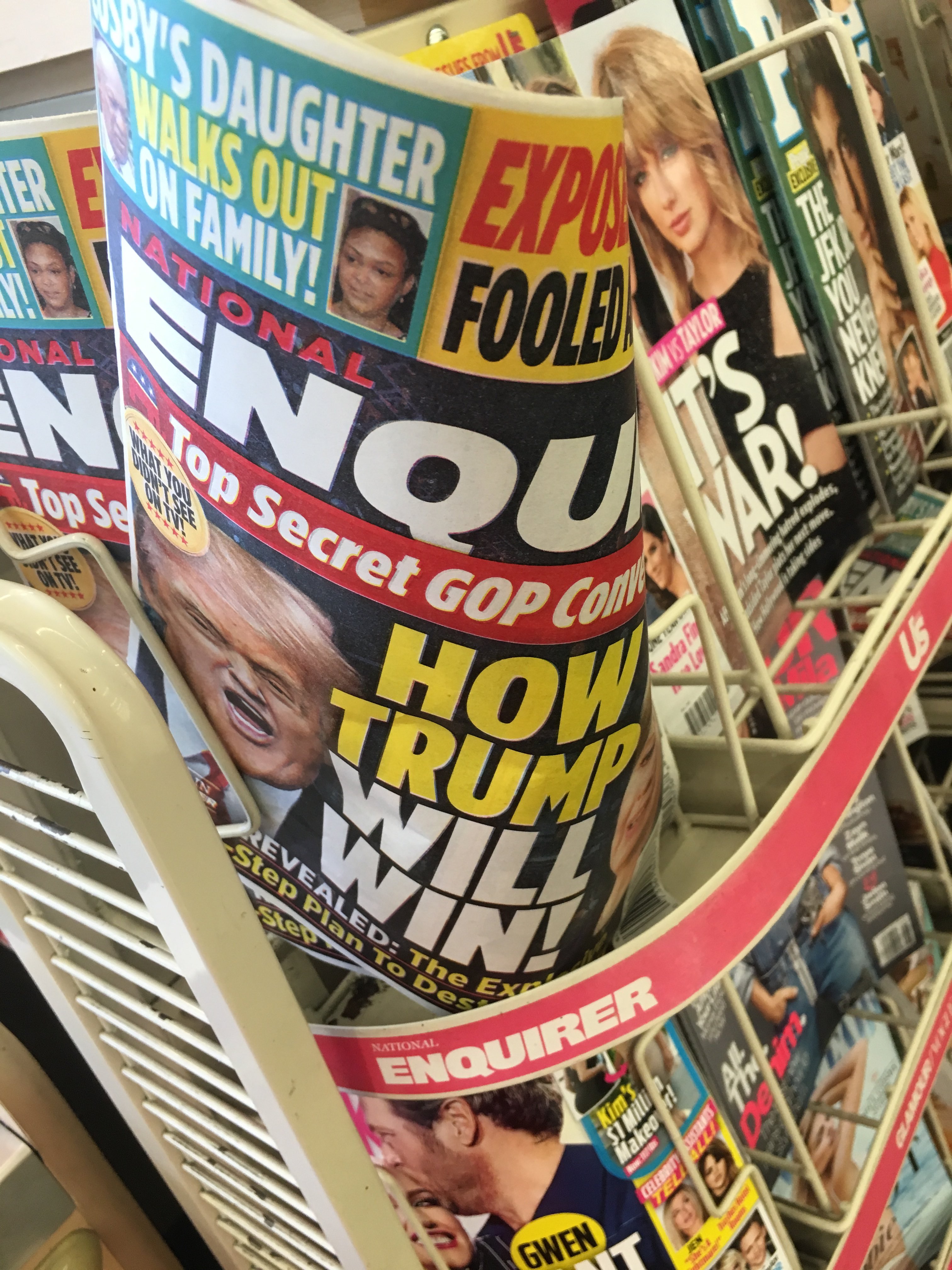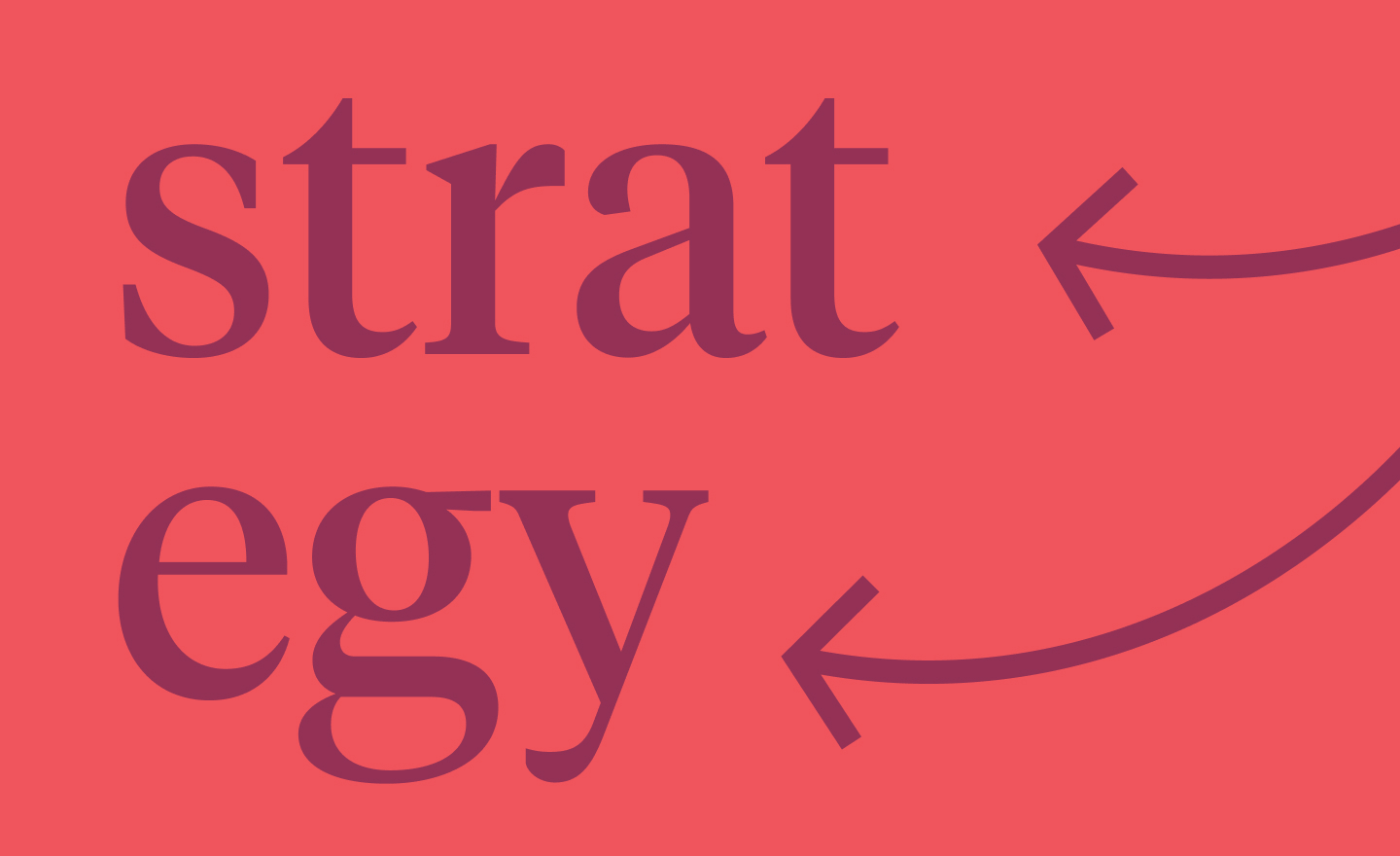
(I started this piece a while ago. Since then, Trump’s presidential prospects seem to have dimmed a bit. That said, assuming Trump can rein in the most offensive of his off-the-cuffers and do things that don’t violate his implicit brand promise (read on), I believe the election will be closer than the latest round of polls suggests. Given how far Trump has advanced, I also believe the lessons we can take away from Trump the personal brand remain valid regardless of the election’s outcome. We also still have the prospect of the debates before us. For now, at least, I consider them as much Clinton’s to lose as Trump’s.)
Nobody disputes that Donald Trump is a master brand builder. About that, the most anyone asks is whether his brand star is rising or falling. As a sign of the latter, some point out that the “luxury” cache associated with Trump-branded products is tarnished by the story Citizen Trump is spinning for a strongly white, male and blue-collar following. Maybe, but that’s an aside. For one, this assertion risks over-conflating the Trump lifestyle brand with the Trump personal brand. Intertwined? For sure. Interchangeable? No.
Look past the lifestyle brand.The Trump lifestyle brand is not where Trump’s greatness resides: The glitzy, “classy” image Trump has crafted in the signature products arena has always been either a rube’s idea of luxury or, at best, a throwback to a showier trope of luxury that’s no longer so widely in favor. It’s easy to ding the Trump lifestyle brand for its unrefined execution, as the most excellent Steven Heller discusses in Wired, though doing so risks conflating something else: Great brands do not categorically depend on great aesthetics. Yes, the two typically reinforce each other. But that’s not the same as requiring each other. I wish they did, but they don’t. And maybe that’s one of the first reality-check brand lessons the Trump brand universe holds in store for us.
Making magic. Back to Trump’s mastery of brand storytelling: I acknowledge it with a mix of admiration and dismay. First to the admiration. Trump has (almost, almost) pulled off the seemingly impossible: the development of a teflon brand. Every outrageous statement, every apparent lie, every rude gesture—everything, in short, that would gut a garden variety personal brand—only makes the Trump personal brand stronger. Every time a principled member of the media or the political establishment disavows Trump, it only serves to feed the brand’s credibility and appeal in the eyes of its core audience. The Trump brand transforms setbacks into advantages, critiques into implied endorsements, gaffs into opportunities. As long as no member of “the disenfranchised” for whom he purports to speak disavows the brand, the rest of the world can hurl anything it wants at it. A brand that invalidates all critics and competitors by virtue of their very role as critics or competitors—yuuuge. The only thing that will crash the Trump brand is losing.
What Trump has accomplished is, quite literally, the stuff of magic. The great 19th century sociologist Emile Durkheim pointed out that, in “primitive societies”, systems of divination are never wrong: If something turns out differently from what is expected, then the problem is with the interpreter, or the way the divination was handled, or the disposition of the gods or ancestors. Anything but the means of divination itself: It goes without saying that there is always something or someone for a divination gone astray. Trump is the divining rod. He gives form to this truth.
The obvious brand lessons—a quick nod. Any query of “Trump” and “brand” will yield plenty of analysis and comment concerning what makes the Trump brand successful—a bit of it from the man himself, a bit more of it from his daughter Ivanka, and plenty from brand practitioners of various kinds. For the most part, these words to the wise are nothing new or unexpected, so there’s little reason to do more than cite a handful in passing here:
Craft a simple message and stick to it.
De-position your competition.
If you can, position yourself as the challenger (outsider, underdog), which gives you the advantages of novelty and momentum.
The less obvious (and more instructive) brand lessons—a closer look.
1. “Customer delight”, to say nothing of customer fears and aspirations, is a more important driver of brand choice than values.
Building communities around shared values is important and is on the rise. So is evaluating brands by how well their values align with those of their would-be customers. But the Trump brand suggests that brands in general still speak most forcefully and most convincingly to an audience’s pain points, not its values. Trump is patently not about values. Nor, looking back, do I see much talk of values in the cloud surrounding Trump—except from Christian conservatives, a constituency deeply driven by values in so many other arenas of life, somehow convincing themselves that Trump’s values (whatever they might be) square with their own. The Trump brand isn’t the only brand that sheds light on this general fact. So, for example, do Amazon and Uber, brands with loyal followers whose corporate values—Uber’s in particular—have been called into question by some. Customer delight is not a value.
2. Stories have the power to disappear the facts that don’t fit.
For all the undeniable merits of storytelling, beginning with its ability to combine meaning and emotion into something with the power to move people, it has a weakness we don’t often acknowledge: It makes facts and events that don’t fit within its framework literally harder to think, recollect or acknowledge. The brand world provides an excellent recent case in point: the Jack Daniel’s founder’s story. Missing from this story until very recently was the signal role played by Nearis Green, an African American slave, in teaching the brand’s namesake the art of distilling. To Jack Daniel’s somewhat belated credit, this facet of the product’s history is now, after generations, finding its way into the brand backstory (though I still don’t find it recounted on the main web site), promising to morph the establish narrative story in fascinating ways. I’m curious to see how well this new story element sticks.
The Story of The Donald manifests a similar tendency. By now, thanks to a roused and vigilant media, we know a great deal about Trump’s many business failures to say nothing of the disregard in which he appears to hold dozens of vendors who have helped fashion his empire. And yet. Numerous, significant and at times egregious as these failures might be, I catch myself failing to give all that much weight to them because they fly in the face of the very narrative of empire.
And then there is the Trumpian campaign narrative, unfurling under the catchphrase Make America Great Again. Others have done a good job of asking: “Define great—and point to us the historical moment you think we should emulate.” These are good questions to ask, and to some extent they seek to break the spell the narrative begins to weave.
When I manage to shake the narrative fog from my head, I start asking a different set of questions, beginning with: Where’s the role of individual responsibility, and individual empowerment, in all of this?
From what I’ve heard and read, the story of Make America Great Again is a story of victimization and blame. My point isn’t that these are sad, crummy themes. My point is that the narrative is so powerful that neither party, nor the media, nor the rest of us, seem to see our way clear to hold a different discourse that might be titled: Make yourself great again. Make your community great again.
The counter-narrative to Trump isn’t being articulated by Clinton. It’s being articulated by John F. Kennedy, decades out of synch.
3. Vulgarity has awesome stopping power.
Of the brand insights I take away from looking at the Trump brand, this one makes me saddest—and most concerned. Trump doesn’t espouse a penchant for vulgar tone and content exclusively—far from it—and our collective descent into the societal Sani-Tainer of the vulgar began long before Trump took to the bully pulpit, but the Republican presidential nominee represents its most unabashed and high-profile expression to date. (For a thoughtful dissection of this condition, read my friend Robert Grudin’s 2006 book, American Vulgar)
In an earlier time, of course, Trump might’ve stifled this tendency. Now he seems to revel in it—with the public’s approbation. And why wouldn’t he: Vulgarity sells. It seemed to work for the upscale wine bar down the road in well-heeled Healdsburg that called itself “Statutory Grape”. It seems to work for the not-so-long-ago issue of Newsweek with its headline feature on “Geezers 2.0”. It obviously appeals to the marketers of the latest Ice Age movie whose posters tell us, and our children, to “Kiss your ice goodbye”. The list goes on.

In a nutshell, here’s how and why vulgarity works: It provides us with a boundary we can continually push against to signal that we are rebels, outsiders, truthsayers of such portent that manners be damned. Vulgarity is pseudo-bravado. Vulgarity masquerades as modernity.
Yet in the political arena, especially, vulgarity is more than bad manners and bad taste. It connotes a lack of character and a lack of respect for others. (Some would add a lack of self-respect, but I don’t purport to know what’s in Mr. Trump’s head.) Vulgarity is a threat to the civil discourse we so desperately need. The good news, sort of, about vulgarity, is that if present trends continue, we’ll all be so utterly vulgar that nothing will offend our sensibilities.
A Memo to Hillary
(A nagging question: If Trump is so unsuited for the presidency, why aren’t Clinton’s numbers better than they are? Yes, there’s the rational argument that she carries a lot of baggage, not the least of which is some fantastically ill-considered email etiquette while Secretary of State. And there may be gender bias. But I think the shortfall runs deeper than that. I think it goes to the lack of a compelling counter narrative.)
I’m concerned about your decision to focus on dwelling on Trump’s fundamental unsuitability for the role of President. Clearly, tens of millions of people see things otherwise. Maybe they’re ill informed. Maybe they’re not acting from their better natures. For the time being, assume it doesn’t matter. By assigning Trump the role of ignoramus or misogynist or racist or hothead, you assign his base to that role, too. And that puts many of the Undecided at risk of declining to opt for your camp.
Focus not on the man but on the unmet need. Here’s where storytelling comes in: I’m pretty sure that every story I have ever written to help launch a product, reposition a company, what have you, starts from that point of unmet need, that pain point, and the people feeling it. Trump is absolutely clear on this and, whether sincerely or cynically, capably or crudely, has demonstrated a focused ability to articulate it. To the Clinton camp I ask: What do you see as the pain point? Do you start from the same premise as Trump or do you see something different? It’s not clear to me. The only thing I know is that while Trump might well represent a grave threat to our democratic institutions, he is not the pain point. And remember, even when things are going well—even when we can justly allow ourselves a bit of optimism, there is always a pain point.
But when you do focus on the man, outposition. Okay, what follows is going to be counterintuitive. Try to stay open:
Raising the alarm on the scary scenario of a Trump presidency feels like the right and righteous thing to do. In truth, this buys you nothing. It’s table stakes—and others are doing it for you, besides. You will win more widely, or with a union less divided, not by hitting hard but by adopting the kung fu principle of using your opponent’s own momentum against him. This means meeting bullying and braggadocio with humor. Not dismissive or mocking humor, in this case, but the mild, indulgent, benevolent humor of a parent raising a child. In the face of Trump’s stridency you must come across as wise and confident, warm and friendly.
Of course, you must reveal none of this to a soul. You must simply act on it. You do not need to call Mr. Trump a name—though, on second thought, you might give it a try. (Are you worried he’s going to call you a copycat?). If you do, think of the moniker you coin less as an epithet than a pet name—something bestowed with a measure of familiarity and affection. In your mind’s eye, you might simply visualize you are dealing with Little Boy Trump. By framing him thusly, you might help the millions you need to propel you to victory to wake up and realize that reality looks a bit different than it did in the dream state, and that they do, in fact, have a measure of agency in their own lives. (And you might sidestep vulgarity.)
The hour is late, and it will be hard for you to credibly adopt this mantle. But you might as well try. It will be unexpected and out of character—in this instance, both very good things.
In the land of midnight, you must conjure a dawn.



